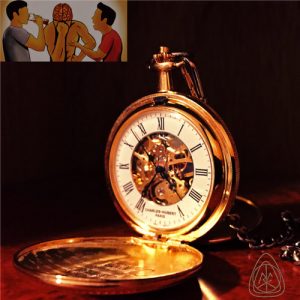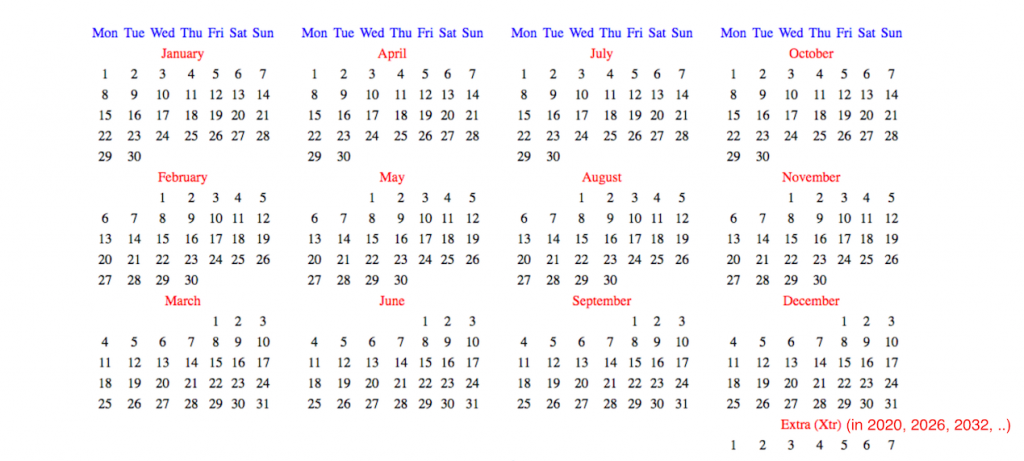Recorded with the riot at our nation’s Capitol fresh on...
Read More
What if time zones weren’t a thing and it was the exact same time everywhere in the world? That’s the question the Thunken Philosofers set out to answer in their introductory episode!
Show Notes:
- Brief history of Time Zones, who, and where original idea for it came from.
- History
- Greenwich Meridian
- Britain, which already adopted its own standard time system for England, Scotland, and Wales, helped gather international consensus for global time zones in 1884. – timeanddate.com
- The International Meridian Conference – October 1884 – Washington DC
- Established Greenwich Mean Time (GMT) as world’s time standard
- The main factors that favored Greenwich as the site of the prime meridian were:
- Britain had more shipping and ships using the Greenwich Meridian than the rest of the world put together (at the time). The British Nautical Almanac started these charts in 1767.
- The Greenwich Observatory produced data of the highest quality for a long time.
- 1918 Standard Time Act
- US officially adopted time zones across country
- 1972 – Coordinated Universal Time (UTC) replaced GMT as the world’s time standard.
- Greenwich Meridian
- Impact then/impact now.
- Russia currently has 11 time zones
- China has one
- Nepal is the only country with a time zone set to 45 minutes past the hour
- North Korea
- On Aug. 15, 2015, North Koreans put their clocks back half an hour to establish their own time zone, “Pyongyang time.”
- Less than three years later, the country put their clocks forward half an hour so they are again in the same time zone as South Korea.
- Hanke-Henry Permanent Calendar

- Steve Hanke
- economist with Johns Hopkins University and a senior fellow with the CATO Institute think tank
- Dick Henry
- professor of physics and astronomy at Johns Hopkins
- designed tofix the inefficiencies of the current one
- Universal Time!
- Still based on Coordinated Universal Time
- Airlines already use Universal Time (Greenwich time)
- must be local regional “opening and closing” hours for government offices and for businesses.
- Steve Hanke
- History
- Is it still something we need? What would be the possible implications of removing it, and how could that be put into place?
Sources:
Tags
Abolish Police
ACAB
Aliens
Alternative Energy
Alternative Fuels
Astronomy
Boston Massacre
Breonna Taylor
Climate Change
Cops
Culture
Defund Police
Elections
Electoral College
Facebook
Fossil Fuels
Fred Hampton
Gaming
Green New Deal
History
Instagram
Nuclear Power
Paris Agreement
Physics
Police
Police Reform
Politics
Protests
Renewable Energy
Science
SnapChat
Social Media
Society
Solar Energy
Space
Time Zones
Twitter
UFO
Video Games
Wind Energy








